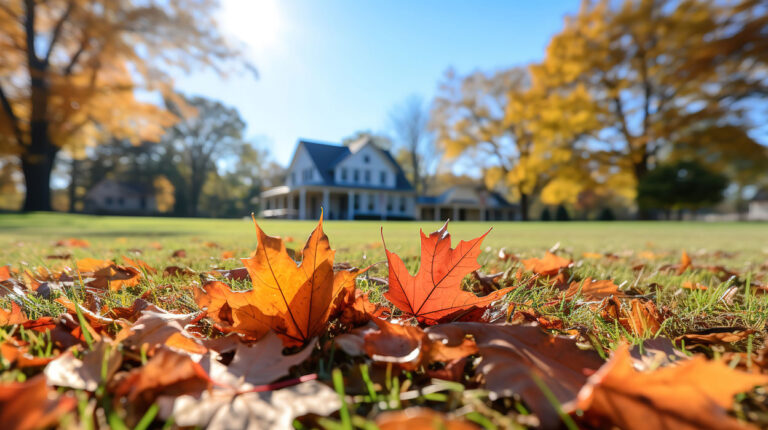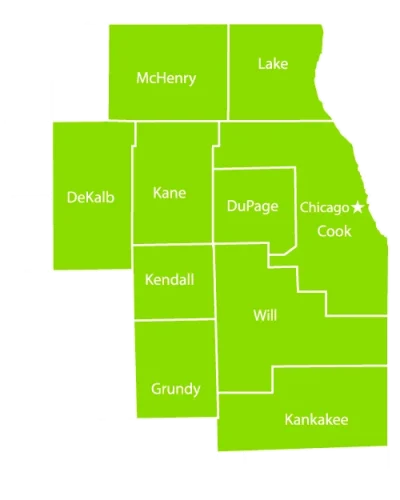815.477.2600
815.477.2600

Fall allergies can be triggered by various allergens, including pollen from ragweed, mold spores, and dust mites. Your home’s HVAC (Heating, Ventilation, and Air Conditioning) system can play a significant role in managing these allergens and improving indoor air quality. Here are some tips to help you address fall allergies with your HVAC system:
Regular Maintenance: Ensure that your HVAC system is well-maintained. This includes changing air filters regularly (at least every three months, or more often during peak allergy season), cleaning air vents and ducts, and scheduling annual professional maintenance to keep the system running efficiently.
High-Quality Air Filters: Use high-efficiency particulate air (HEPA) filters in your HVAC system. HEPA filters can capture tiny particles, including pollen and mold spores, reducing their presence in the air.
Sealing and Insulation: Make sure your home is well-sealed and insulated to prevent outdoor allergens from entering. Check for gaps, cracks, and leaks in windows, doors, and walls, and seal them as needed.
Humidity Control: Maintain proper humidity levels in your home. Dust mites and mold thrive in humid environments. Use a dehumidifier if necessary to keep indoor humidity between 30-50%. This can help prevent mold growth and dust mites.
Ventilation: Ensure your HVAC system is providing proper ventilation. Fresh air exchange helps dilute indoor allergens. Use exhaust fans in bathrooms and kitchens to remove excess moisture and pollutants.
Air Purifiers: Consider using portable or whole-house air purifiers with HEPA filters. These devices can further help remove allergens from the air, improving indoor air quality.
Regular Cleaning: Regularly clean your home to minimize the accumulation of dust, pollen, and mold. Vacuum using a vacuum cleaner equipped with a HEPA filter, and use damp cloths for dusting to prevent allergens from becoming airborne.
Keep Windows Closed: While it might be tempting to let in the cool fall breeze, keeping windows closed can prevent outdoor allergens from entering your home.
Landscaping: If you have outdoor plants that produce allergenic pollen, consider landscaping your yard with plants that have lower pollen production. Additionally, regularly rake leaves and debris to prevent mold growth.
Consult Professionals: If you’re unsure about how to optimize your HVAC system for allergy relief, consider consulting with HVAC professionals or allergists. They can provide tailored recommendations based on your specific needs.
Remember that while these tips can help reduce allergens in your home, they might not completely eliminate allergy symptoms. If allergies are severe, consider working with a healthcare professional to develop a comprehensive allergy management plan.


Ace Heating & Cooling is now Rellaire!